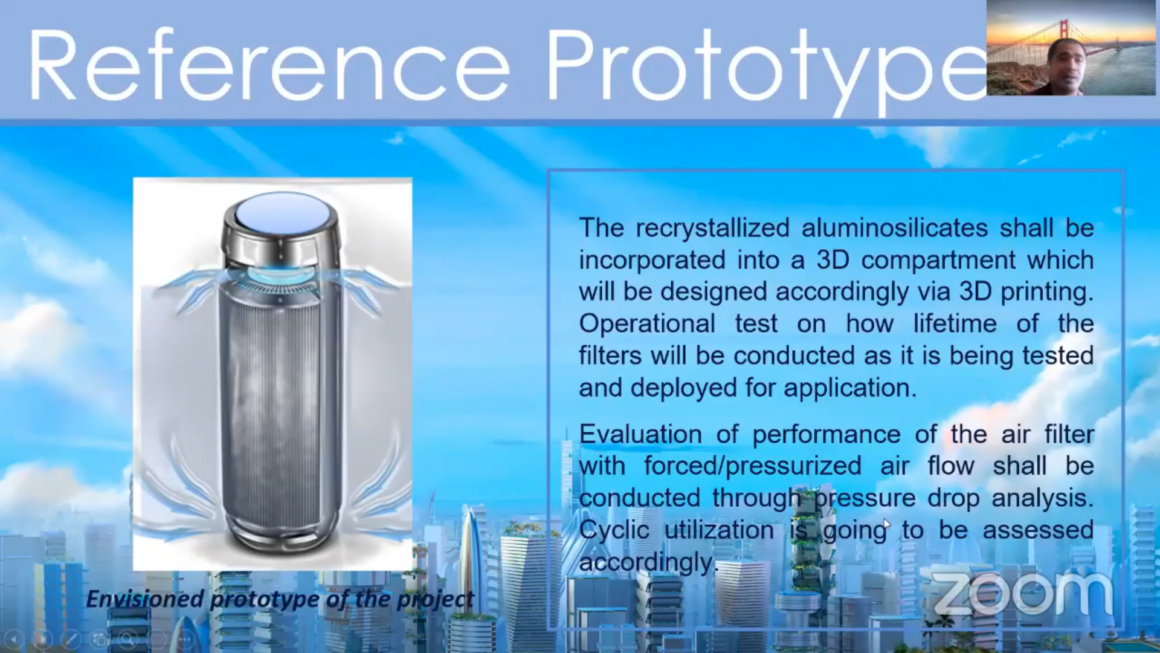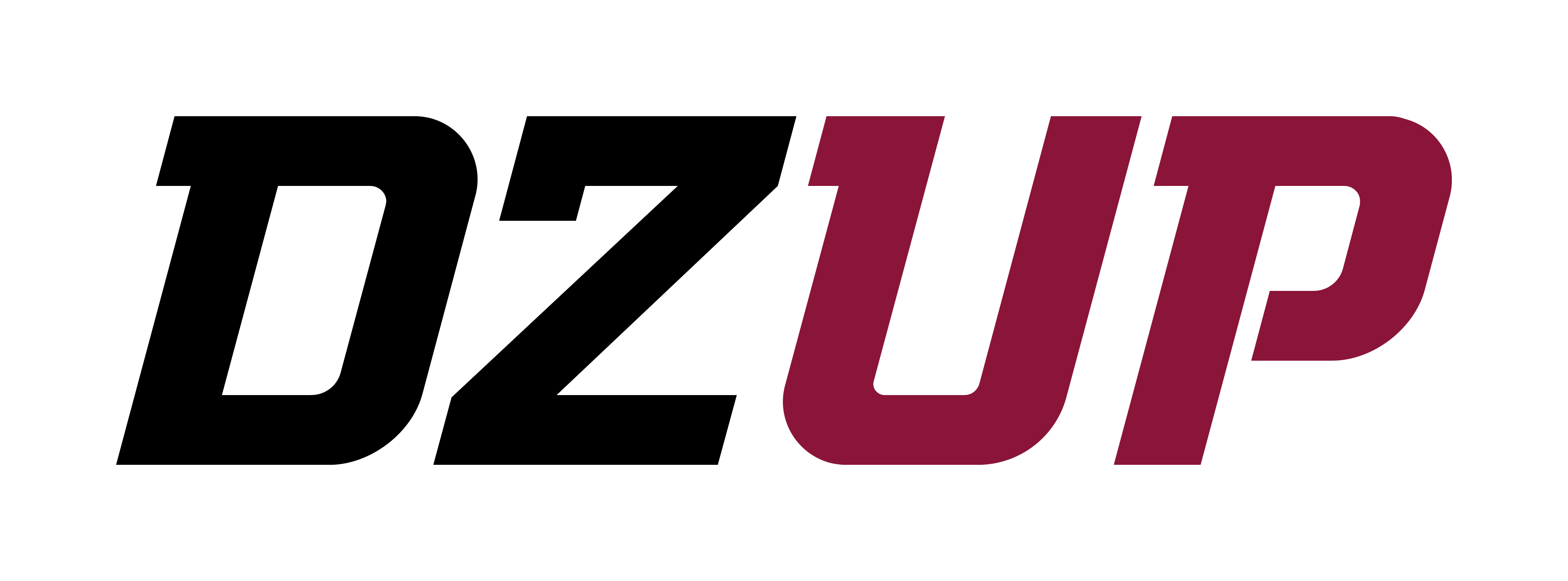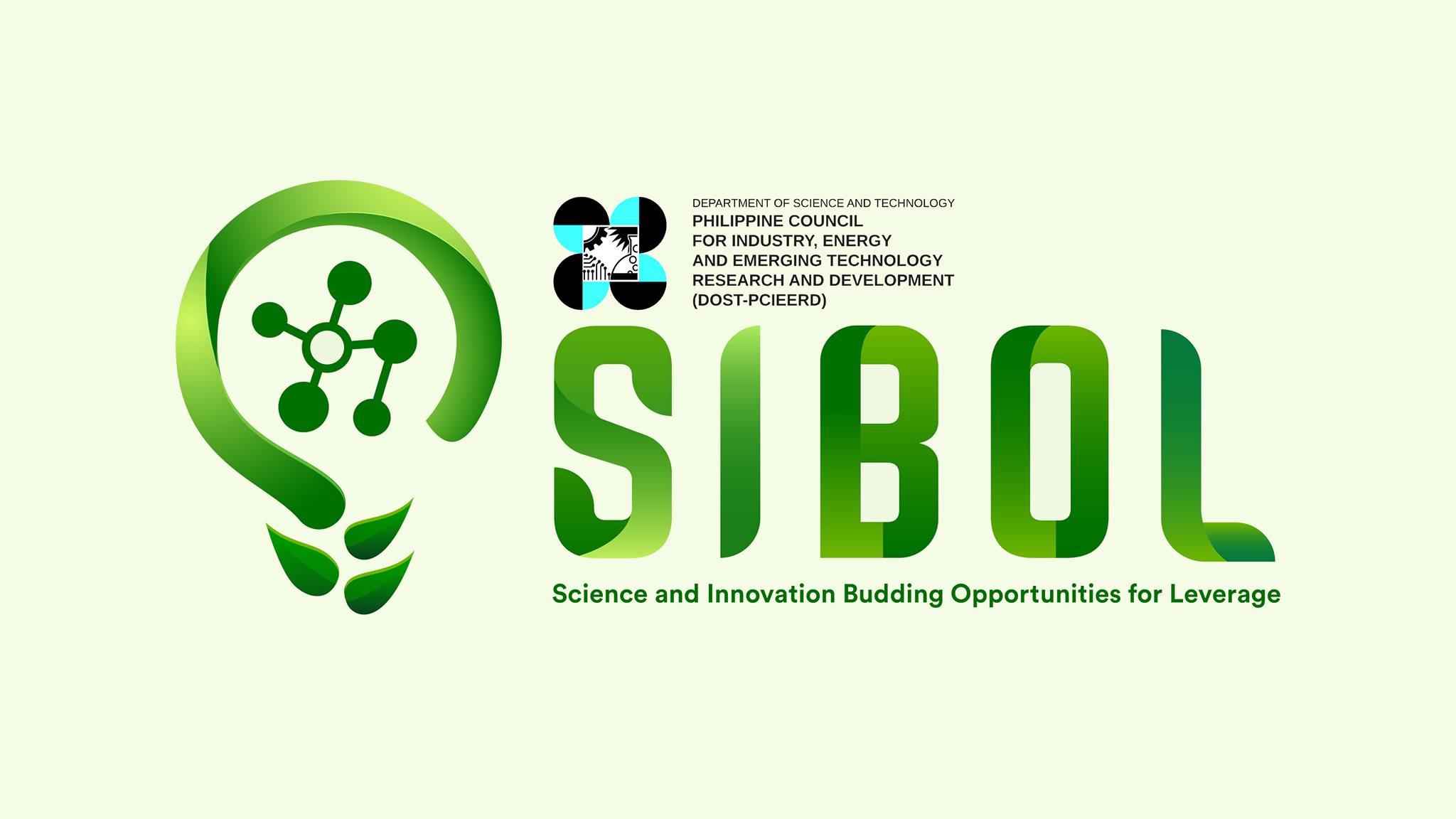The Department of Science and Technology – Philippine Council for Industry, Energy, and Emerging Technology Research and Development (DOST-PCIEERD) officially presented its newest set of eco-innovation projects for the country’s environment sector.
Led by the Innovation Council, the announcements were made during the seventh installment of the Science and Innovation Budding Opportunities for Leverage (SIBOL) webinar series, titled “Featuring projects for the Environment Sector.”
Eight approved and supported projects by DOST-PCIEERD were spearheaded by various educational and scientific institutions nationwide.
During the Nov. 8 SIBOL webinar, Dr. Enrico C. Paringit, the council’s executive director, acknowledged these multi-sectoral initiatives to continue macro-scale efforts towards environmental protection and care in the time of a pandemic.
“We are hopeful that these new projects will help the Philippine environment heal from the past damages and contribute to its protection and enrichment … [to] remain at the forefront of coming up with programs and projects that create positive change for the environment.
“We will be unwavering in supporting eco-innovations designed to solve the environmental issues of Filipino communities through research and development,” he said.
Paringit adds that in the past decade, more than half a billion pesos in investment for nearly 150 projects were made. 51% of these catalyzed eventual policy adjustments for public utilities while 49% offer potentially commercially viable technologies in the near future.
Such innovations were subsequently adapted by private entities and government institutions for their prospective ventures and endeavors.
‘Drive Air ni Juan’

Among the eight chosen projects this year include “Drive Air ni Juan – Aluminosilicate Technology for Compact Air Purification,” led by UP Diliman Associate Professor Bryan Gencianeo Alamani, Ph.D.
As published in DOST’s Science for Change Program site, the project seeks to “build a powerful yet portable air purifier for automotive air filtration systems which works as a particulate filter, harmful gas remover, and anti-microbial filter.”
It also aims to “utilize naturally occurring aluminosilicate minerals in the Philippines through facile modification processes to mitigate the health-related risks of using taxis as [a] mode of transportation.”
Included in the list of areas with volcanic history where the project may source its materials are localities in Albay, Pampanga, Pangasinan, Taal, and Zambales.
While shifting towards the resumption of economic and transportation activities, and as we are slowly transitioning to the new normal, understanding the mechanism of the virus and its transmission is imperative to developing solutions to fight this disease.
In an email exchange with DZUP, Dr. Alamani said that discerning the virus transmission mechanism in public transportation is “imperative to developing solutions to fight [COVID-19].”
“One of the solutions that we are seeing is the use of air filters. Although there are already portable air filters available in the market, we thought of improving them, having the capability of not only trapping particulates and removing harmful gases but also capturing pathogens and disinfecting the circulating air [to] help ease the fear of the commuters in the possibility of contracting COVID-19,” he said.
The project leader also shared their vision of its long-term environmental impact.
“Since we have not yet won the battle against this pandemic, this will help a lot. This will help provide cleaner and safer air to the public transportation. Since the filter is “washable”, this will not affect much in the environmental wastes.
“The aluminosilicate, the filter medium, can be used for a year. A recovery program may be developed for possible collection of the wastes into a treatment facility for reactivation. This means that very minimal waste will be produced,” he explained.
Moreover, he bared his team’s general plans for the project implementation in the near future.
“We have already collaborated with different companies to make sure that the implementation is smooth and successful. MC Home Depot will supply the raw material for the filter medium, Manly Plastics will provide modular and designed compartments via the 3D printing which provides high flexibility in conducting iterations in its design, and Global One Shuttle Service, Inc. will help on the pilot testing of the air filter equipment,” he revealed.
Dr. Alamani currently teaches at the UPD Department of Chemical Engineering and is an affiliate of the UP SIBOL Program in UP Manila.
He is also a part of UPD’s environmental engineering, energy engineering, and science and society programs.
Moreover, Dr. Alamani finished his undergraduate and master’s degree in chemical engineering at UPD and became a Doctor of Philosophy in the same program at the University of Houston in Texas, U.S.A.
Approved projects
Joining Dr. Alamani’s ‘Drive Air ni Juan’ are the following eco-innovation projects:
- AQUADRONE: UAV Assisted Deployment System for Water Quality Monitoring (Asst. Prof. Anthony James Bautista – University of Santo Tomas)
- Chemical Synthesis and Characterization of Conducting Polymer/Metal Nanoparticles Composites, and Their Application as a Chemiresistive Gas Sensor Array for H2S and CO2 (Dr. Karen Santiago – University of Santo Tomas)
- DOST-JSPS: Preparation of Crown Ethers and Alpha-aminophosphonates Decorated Natural Fibers-based Hybrids Metal Ion Adsorbents by Fusing Multicomponent-reaction and Radiation-grafting of Polymers (Dr. Jordan Madrid – DOST-Philippine Nuclear Research Institute)
- eAsia: Developing Green Degradable Polymers from Plant Based Oils and Investigation on Its Subsequent Functionalization and Utility as Heavy Metal Sequestrants (Dr. Ian Ken Dimzon – Ateneo de Manila University)
- Hydrological Characterization of Boracay Island’s Groundwater System and Nabaoy Watershed using Isotope and Nuclear-based Analytical Techniques (Engr. Raymond Sucgang – DOST-Philippine Nuclear Research Institute)
- Integrated Flood and Water Resources Management in ASEAN Basins for Sustainable Development (Dr. Orlando Balderama – Isabela State University)
- Project 1: Water for Tourism: A Science-Based Water Resource Monitoring and Management Planning Guide for Tourist Destinations in the Philippines (Dr. Maria Aileen Leah Guzman – Ateneo de Manila University). DZUP

